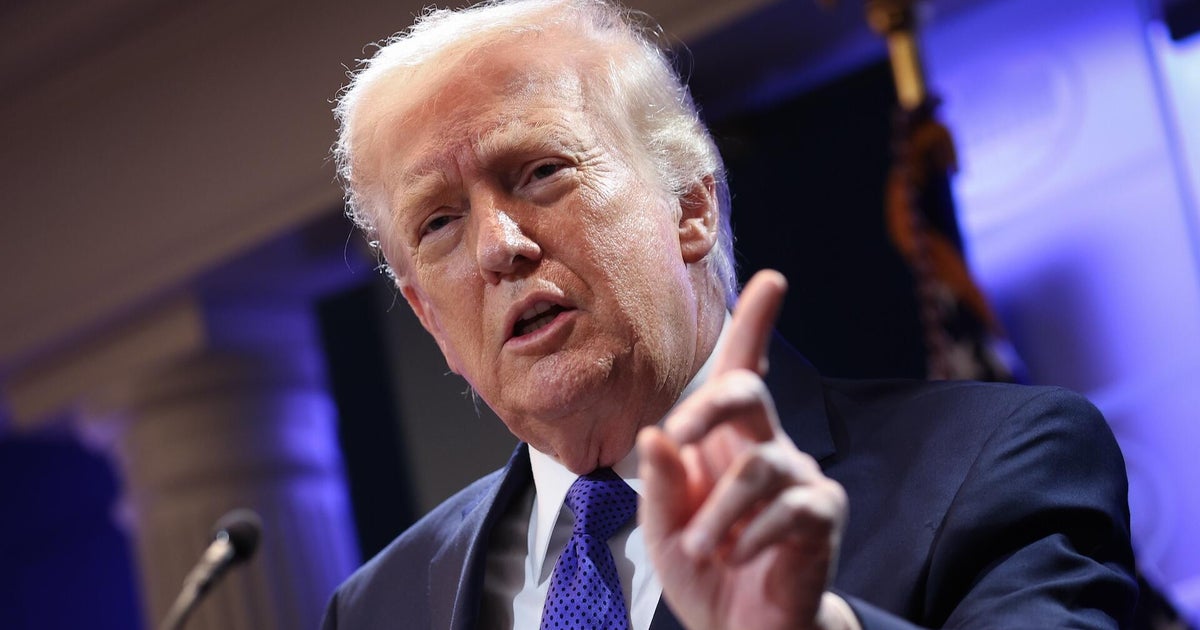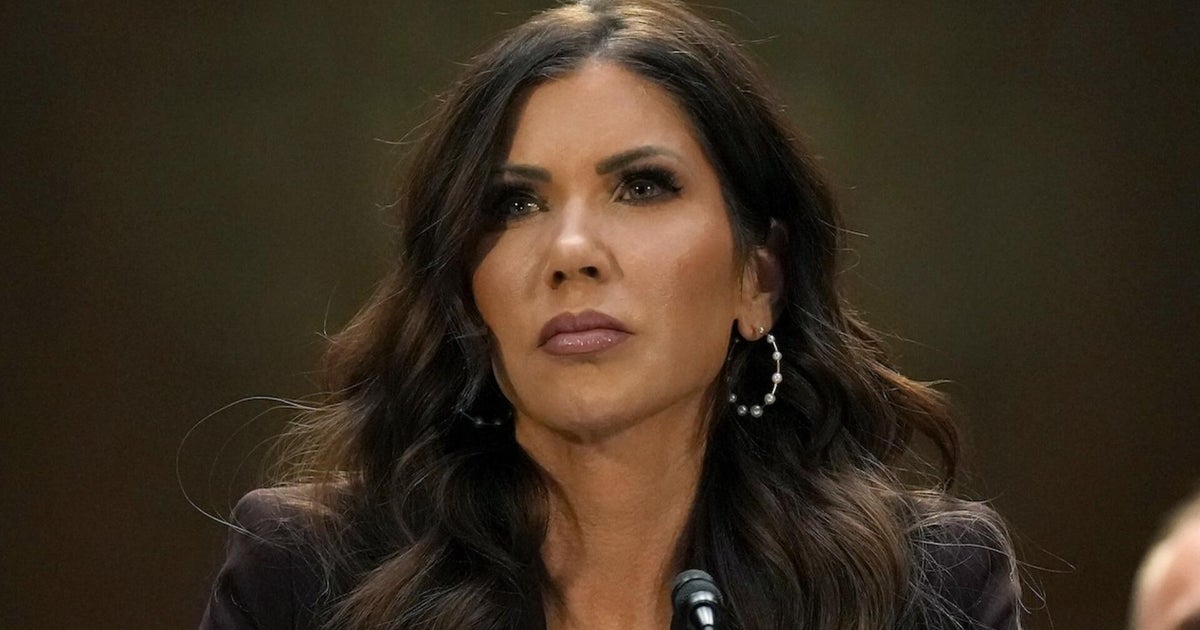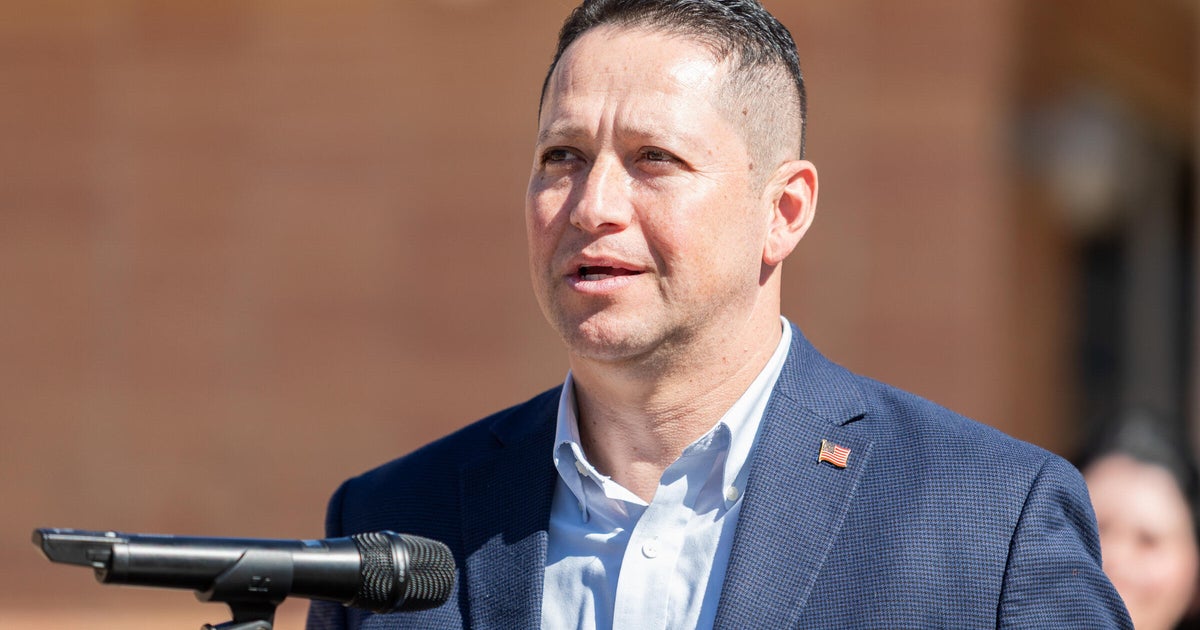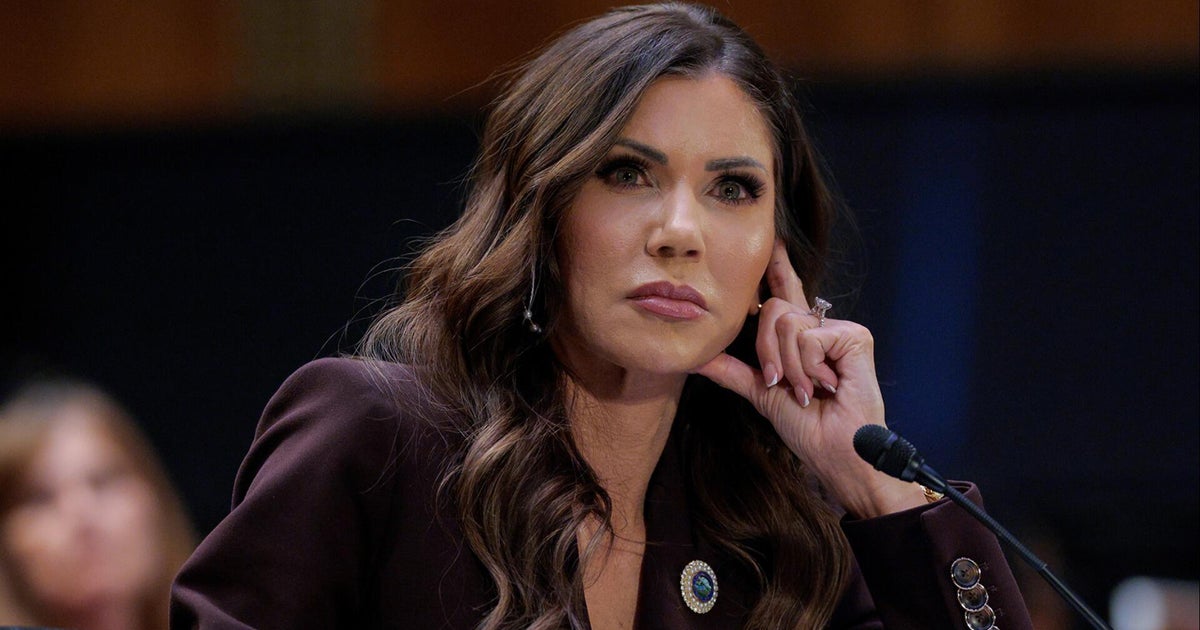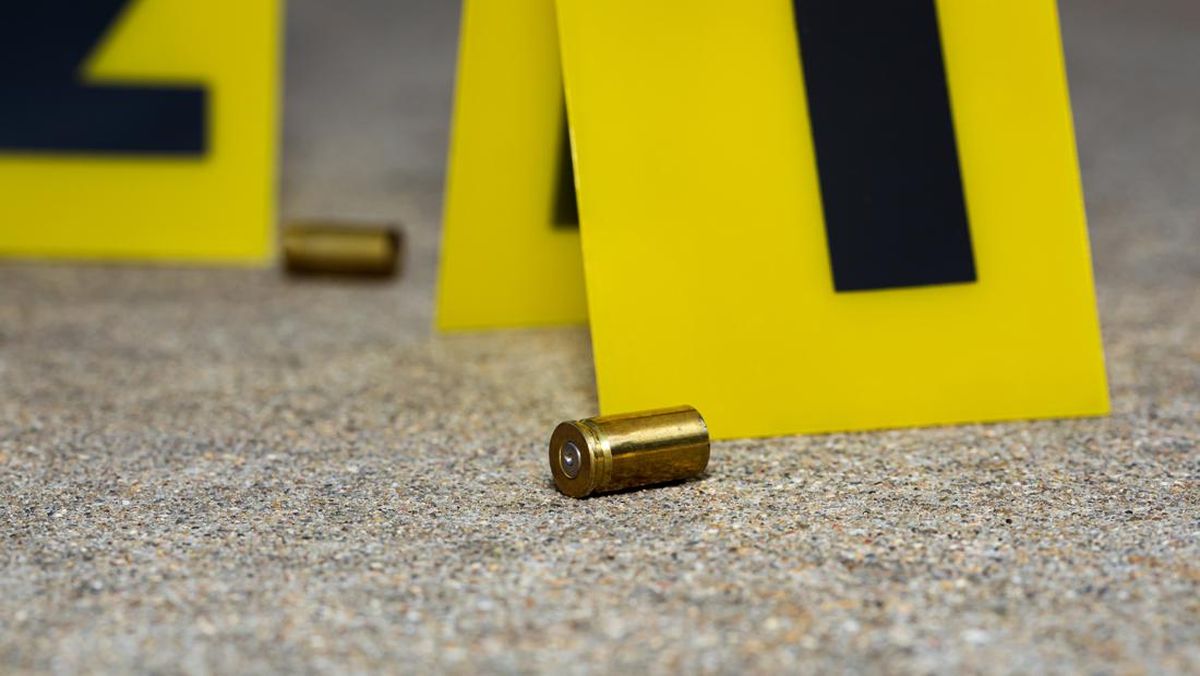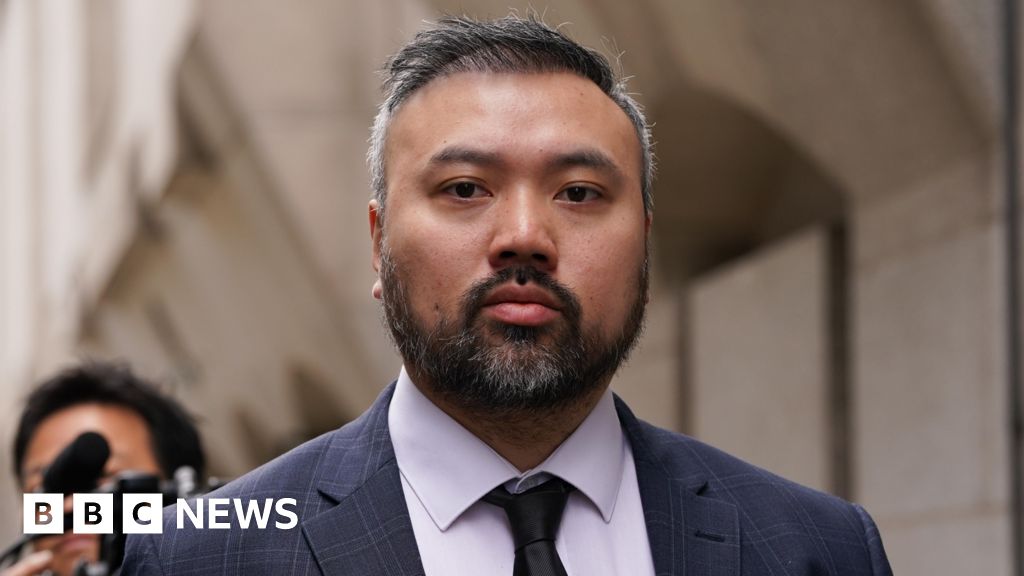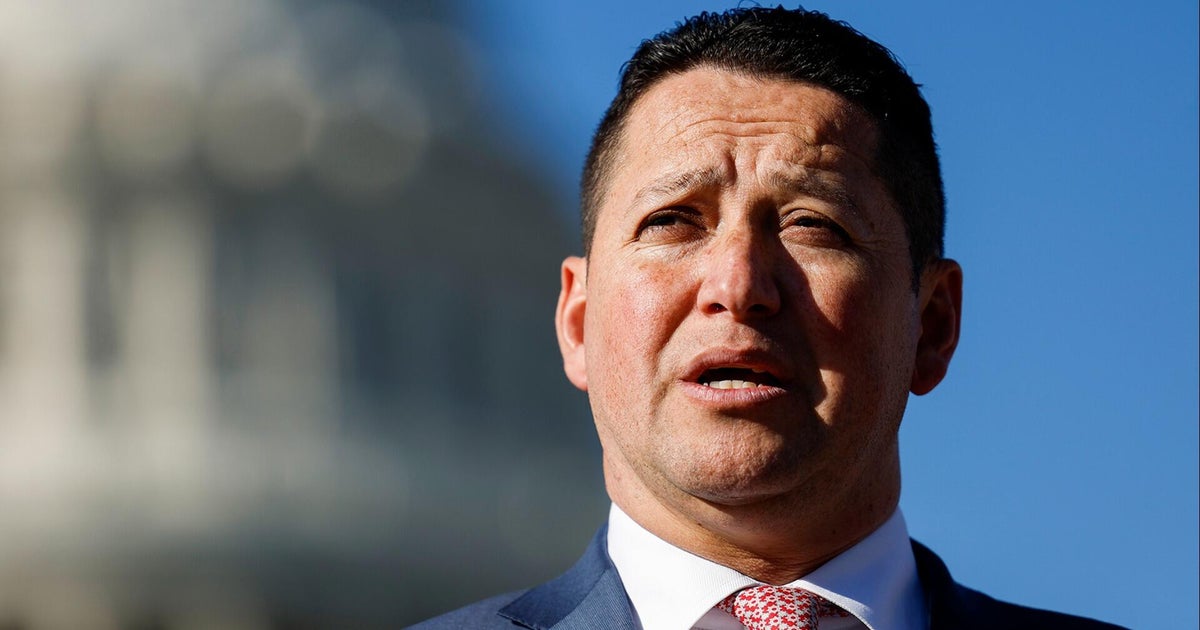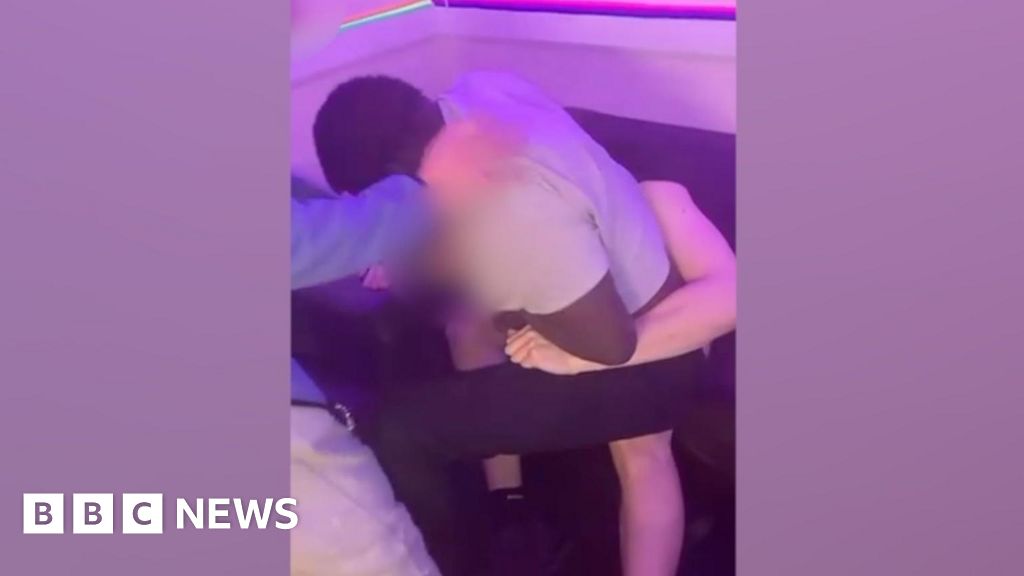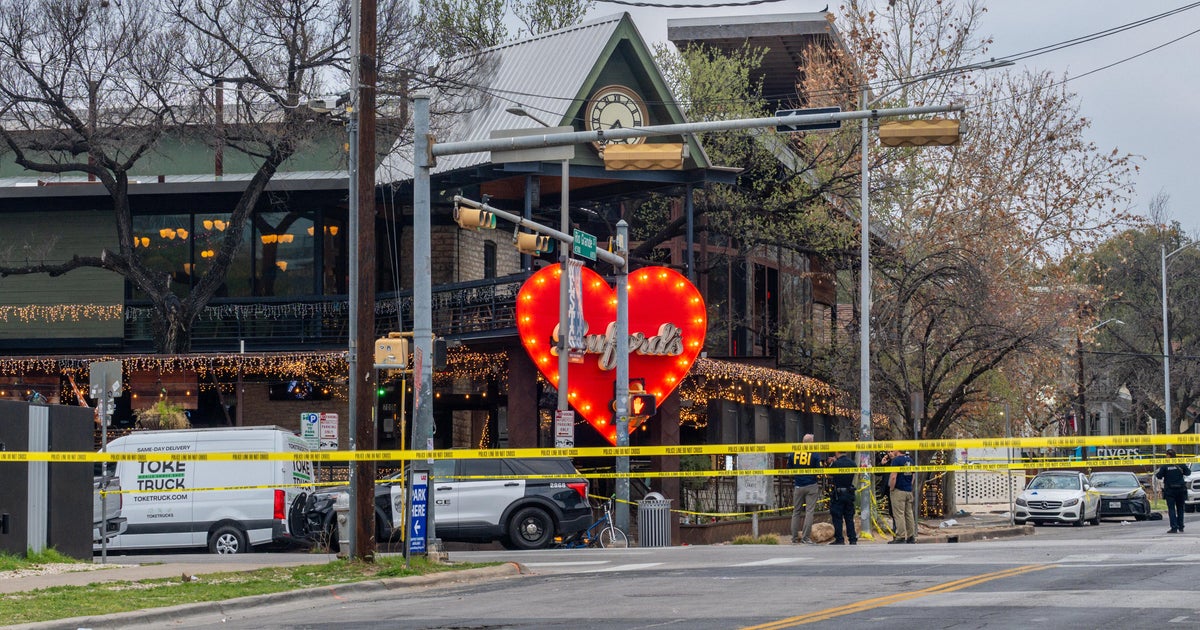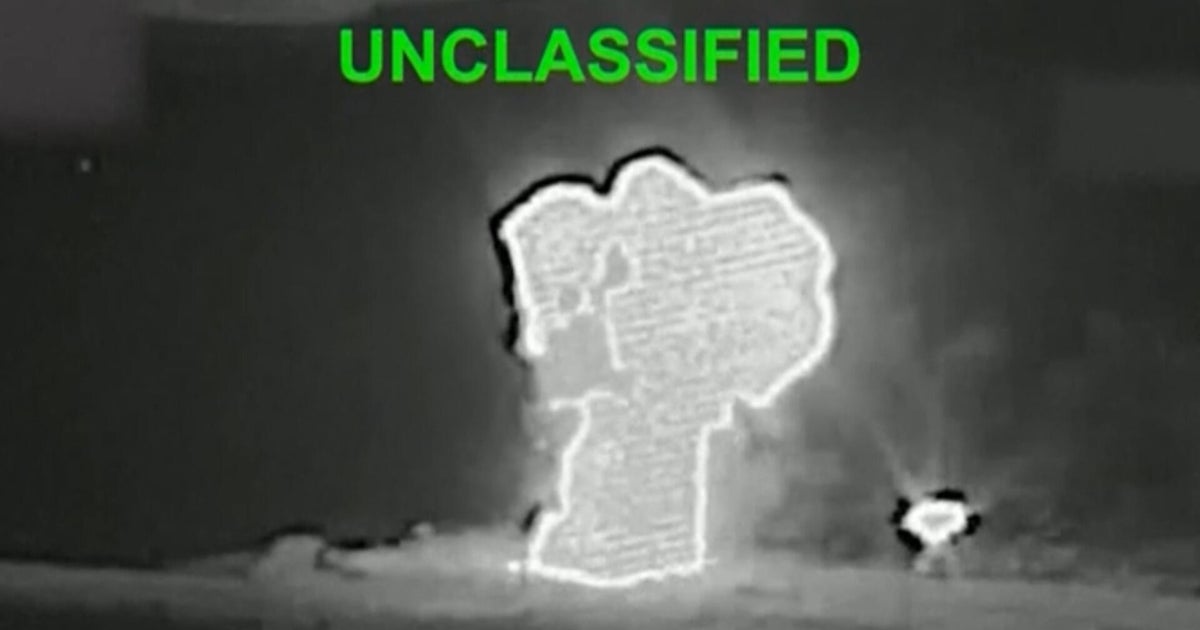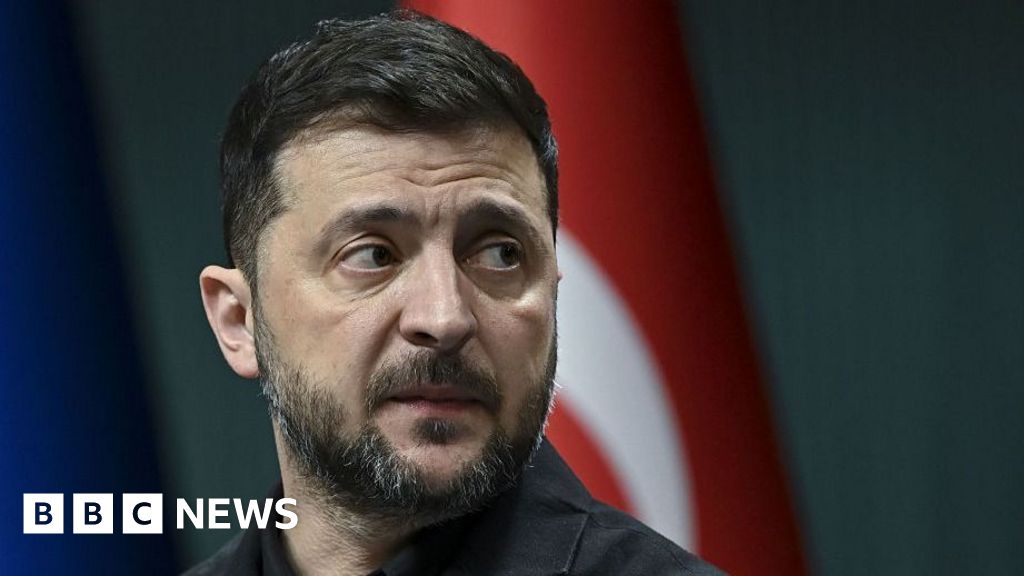Warning to Aboriginal and Torres Strait Islander readers: This story contains images and references to deceased people.
A beloved West Australian icon known for his work as a stockman, roadman, musician and as the ‘father’ of Aboriginal tourism has died, aged 91.

Sam Lovell.Credit: State Library of WA
Nykinya elder Sam Lovell OAM died on Saturday.
The Shire of Derby West Kimberley is expected to fly its flags at half-mast tomorrow in his honour.
President Peter McCumstie said he was personally honoured to know Lovell throughout his life.
“It was an absolute honour and a privilege to have known Sam most of my life,” he said.
“He was the most unassuming giant of a man who set an example for us all.”
Lovell was born in January 1933, at Calwynyadah Station in the state’s north, where his father Jack was a part owner.
He was taken from his family at age four as part of the stolen generation, where he was taken to live on government-run station Mulla Bulla Station in Halls Creek, near the edge of the West Australian border with the Northern Territory.
Lovell spoke about the experience to the ABC.
“Police grabbed all of us and took us to a police station in Fitzroy [Crossing] and … the mail truck took us to Moola Bulla,” he said.
Lovell never saw his parents again after he was taken.
Lovell became a talented stockman and worked on cattle stations throughout his life, despite never being paid as part of WA’s discriminatory stolen wages policy which ran between 1936 and 1972.

Lovell worked as a stockman up and down the famous Gibb River Road.Credit: State Library of WA
It allowed the state government to withhold up to 75 per cent of an Aboriginal person’s wage, and according to the State Library of Western Australia, Lovell was paid mainly in clothes, food, tobacco and soap.
He took photos throughout his experience, which became the subject of an exhibition in his honour earlier this year.
Lovell told the ABC he had to stop work in 1962, following an injury he sustained while horse-riding.
“The bloody old manager thought I was putting it on,” he said.
“He wouldn’t send me to the hospital. Anyway, after three days living on aspirins, I had to ride on the back of a semi-trailer, 70 miles [112km] to hospital.
“The doctor went berserk.
“Anyway, they finished up sending me here to Royal Perth.”

Lovell leading a horse.Credit: State Library of WA
Lovell would go on to create Kimberley Safari Tours with his wife Rosita in 1981, marking it the first Aboriginal tourism business in WA - a venture for which he’d later be awarded the Member of the Order of Australia medal.
“I knew everything there and the people in it,” he said.
“When I decided to go into tourism, I drove around all the stations, saw all the managers, all the owners and told them what I wanted to do.
“‘Go for it, you’re right, you don’t need anything,’ they said.”

Kimberley Safari Tours was the first WA-based Aboriginal tourism business.Credit: State Library of WA
Lovell mentored a number of Kimberley Aboriginal tourism businesses, which has become one of the region’s biggest drawcards for both interstate and international tourists.
The State Library of WA exhibition about his life ran earlier this year.
“The significance of Sam Lovell’s collection and his rich contributions to the State cannot be overstated. With his box brownie camera, Sam was able to document his life from a young age and provide a unique lens and perspective on life in the North West,” library chief executive Catherine Clarke said.
Lovell was also the subject of an award-winning documentary by Marlanie Haerewa’s 2023 documentary ‘Mr Kimberley’.
Most Viewed in National
Loading

